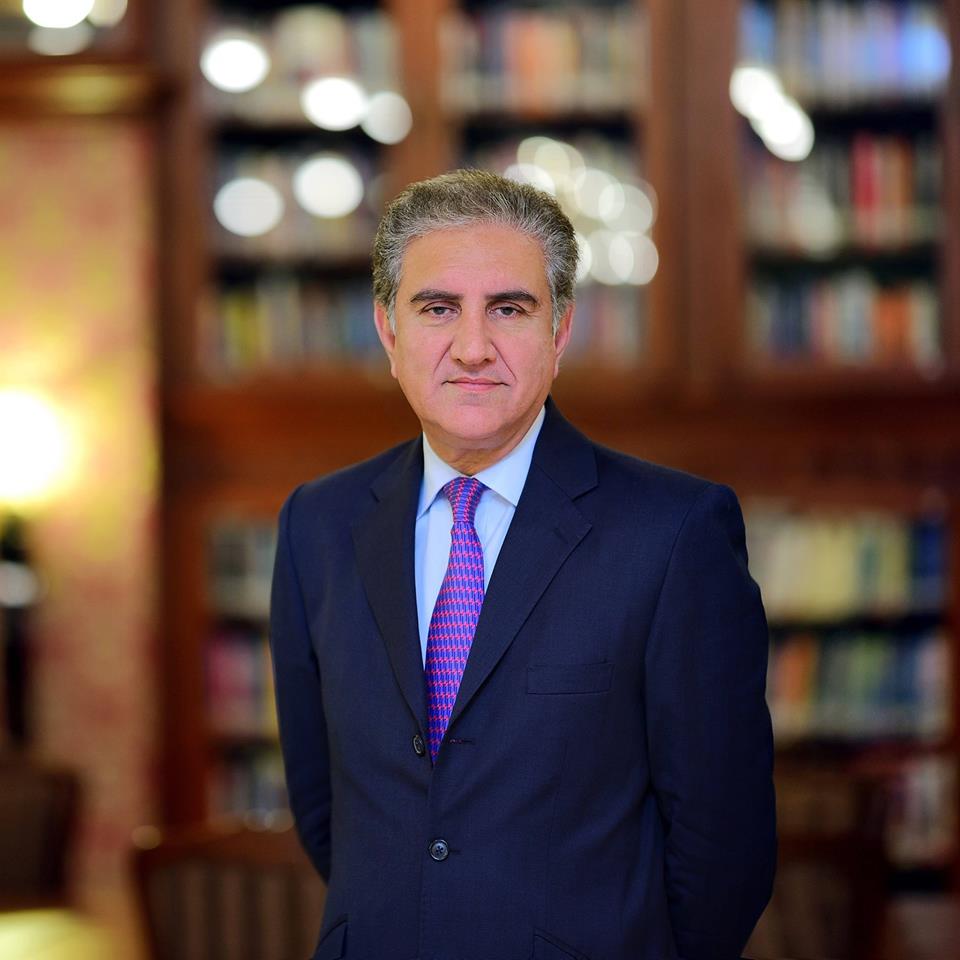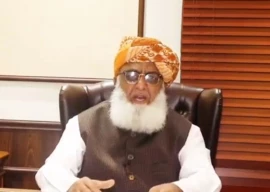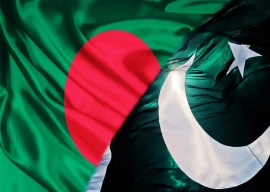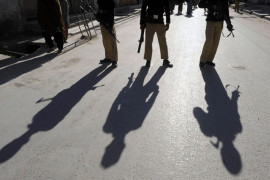
Difficult to remain inactive observer if India continues with CFVs: PM Imran
The foreign minister said that he has visited Iran, the Kingdom of Saudi Arabia, Oman, the US and Qatar on the directives of Prime Minister Imran Khan and had “constructive engagement” with stakeholders on “efforts to defuse tensions and promote peace in the Middle East”.
Also met UNSG @antonioguterres in NY where I underscored the critical importance of the International community’s continued attention to the suffering of Kashmiris under Indian occupation and for this to be resolved in line with UN resolutions and the will of the Kashmiri people. https://t.co/EGK1If7OEk
— Shah Mahmood Qureshi (@SMQureshiPTI) January 19, 2020
"I took Pakistan’s message to all: we stand for peace and stability in the region," he added.
On the sidelines of the visit, the foreign minister also held meetings with the top tier of the United Nations and briefed members of the UN Security Council on human rights violations in Indian Occupied Jammu and Kashmir (IOJ&K) following the Narendra Modi-led government’s decision to revoke the occupied region’s special status and imposing a draconian lockdown.
Qureshi further said he met with UN Secretary-General Antonio Guterres in New York and underscored the “critical importance of the international community’s continued attention to the sufferings of Kashmiris under Indian occupation.
He also urged for the Kashmir conflict to be resolved in line with the UN resolutions and the will of the Kashmiri people.
Taliban aim to sign deal with US by end of month: report
On the last leg of his multi-state tour, Qureshi discussed Iran and Afghanistan’s peace process US Secretary of State Mike Pompeo - five days after seeing Iranian President Hassan Rouhani.
While stopping short of saying that he was transmitting any message, Qureshi said he understood that the Iranians “did not want to escalate things.”
“They don’t want war, they don’t want further bloodshed,” Qureshi told reporters in Washington.
The Middle East conflict
The United States on January 3 killed Iran’s most powerful general, Qasem Soleimani, in a drone strike as he visited Baghdad. Iran responded with missile strikes on US forces in Iraq but Qureshi, in line with many observers, believe that the reprisal was designed to minimise casualties.
Pakistan has strong relations with Saudi Arabia and according to the FM, the Iranian leadership also signalled a willingness to ease tensions with its Arab neighbours.
The Iranians “highlighted the issues, the differences, they have had with other important countries in the region,” he said. “They said they are willing to engage at any level and in any format,” Qureshi said.
US President Donald Trump, who is closely allied with Saudi Arabia, in 2018 withdrew from a nuclear accord with Iran and imposed sweeping sanctions aimed at reducing Tehran’s regional clout.
(With additional input from AFP.)
1731907834-0/Jonathan-Majors-and-Meagan-Good-(2)1731907834-0-405x300.webp)
1731906859-0/Jonathan-Majors-and-Meagan-Good-(1)1731906859-0-165x106.webp)

1724657897-0/Untitled-design-(2)1724657897-0-165x106.webp)



1728020241-0/Express-Tribune-Web-(12)1728020241-0-270x192.webp)









COMMENTS
Comments are moderated and generally will be posted if they are on-topic and not abusive.
For more information, please see our Comments FAQ